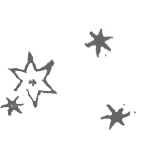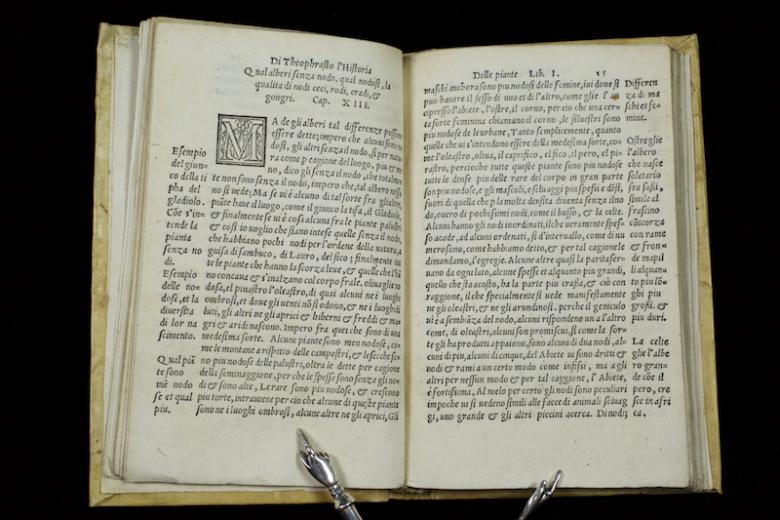Citation
Item Location
What Aristotle did for animals, his student Theophrastus did for plants, making the study of plants an essential topic for ancient natural philosophers. Theophrastus sought not merely to describe the appearances of plants, but like his mentor Aristotle, to ascertain their causes. His work directly stimulated the work of Renaissance naturalists who similarly studied the manner of generation of plants and other non-medicinal aspects of plants. When Aristotle left Plato’s school in Athens to embark upon field investigations, he and Theophrastus explored the natural history of the northern Aegean, including the Island of Lesbos. Aristotle designated Theophrastus to succeed him as the leader of the Lyceum in Athens, where Theophrastus established a renowned garden and preserved Aristotle’s writings.







